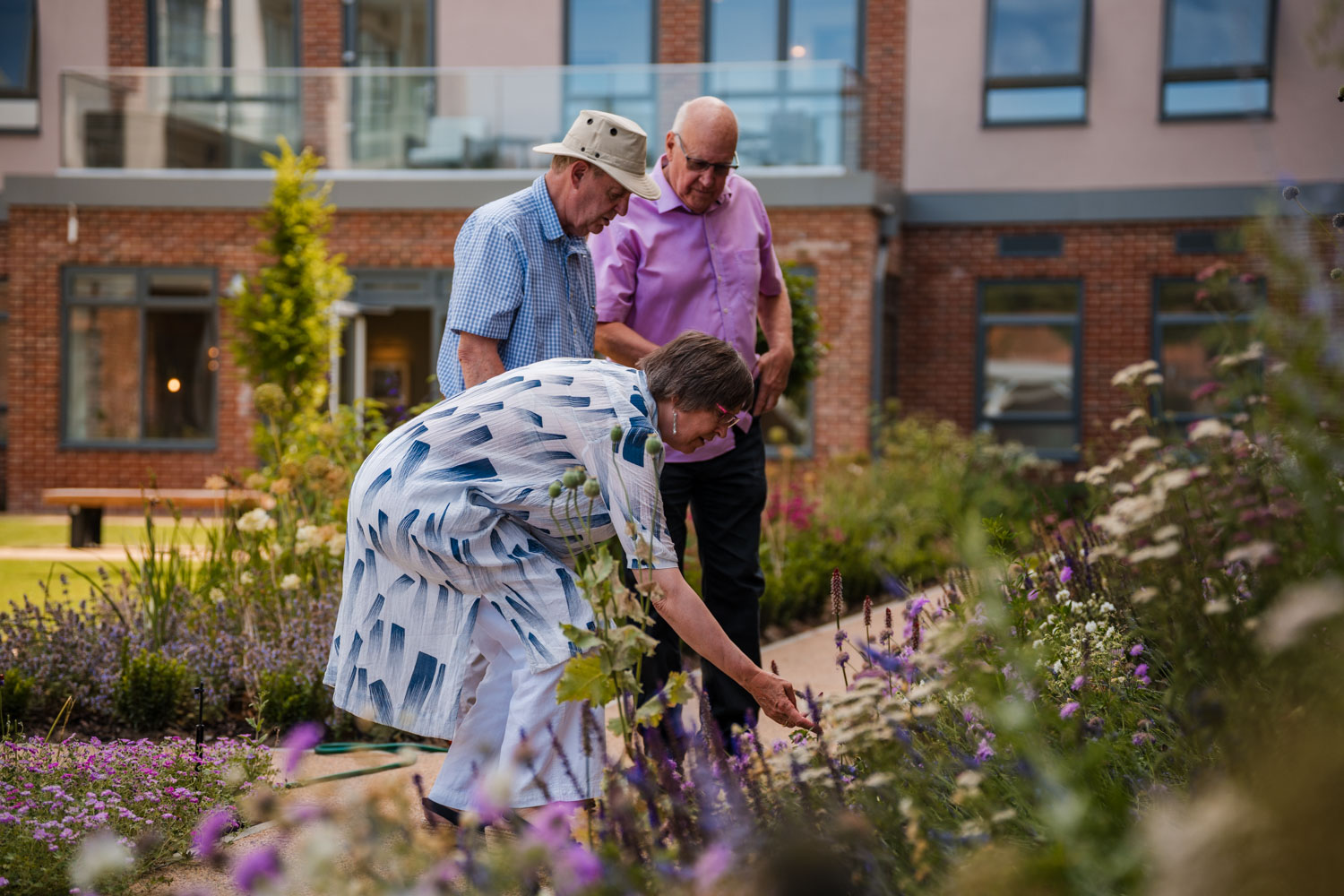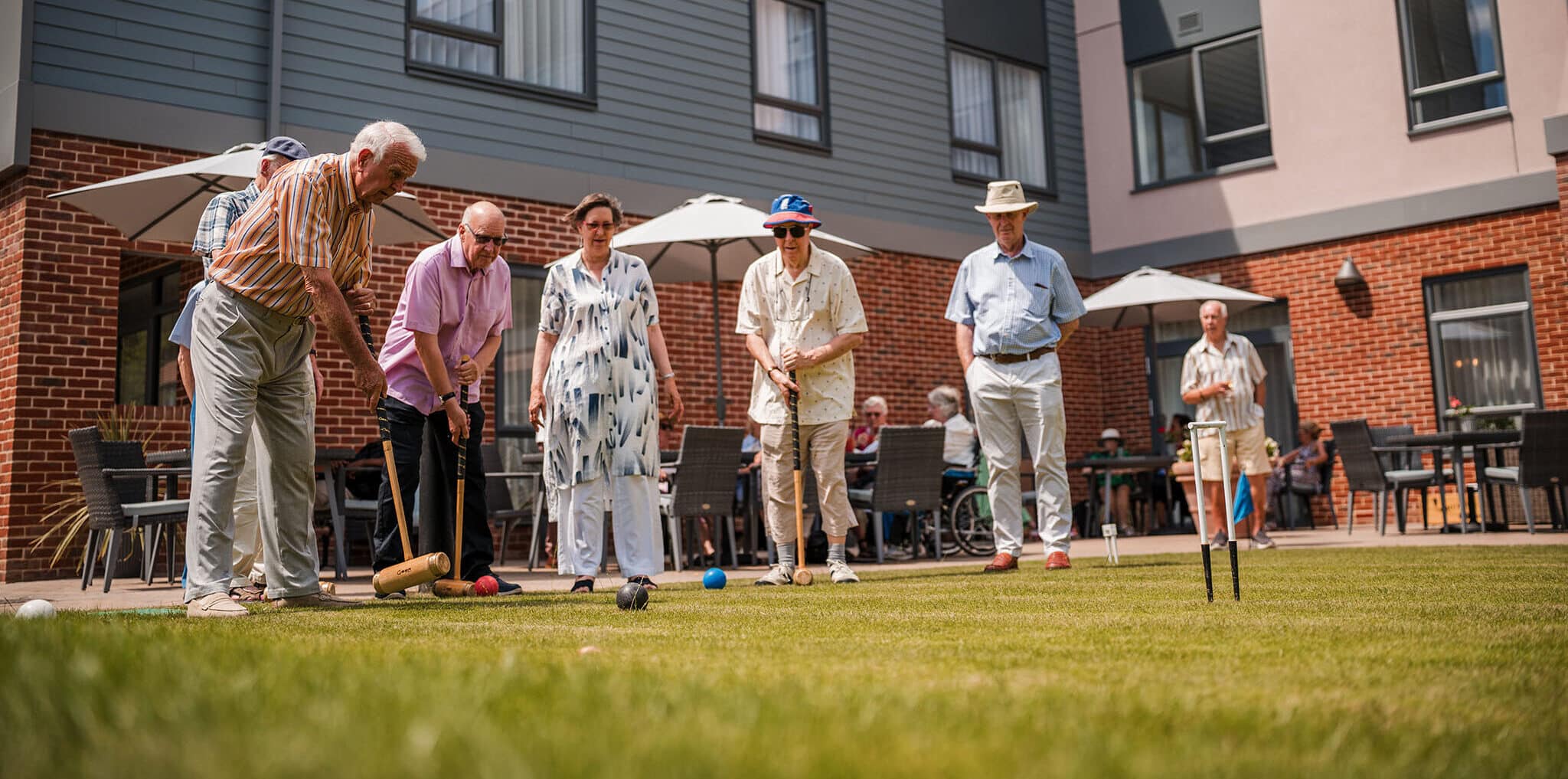
You probably don’t think of yourself as a carer.
You’re just being a good son or daughter.
But between work, kids, and your own life, you might be quietly running two households – your own and your parents’.
The calls. The check-ins. The prescriptions. The odd jobs that keep getting added to your weekend visits.
It’s all done with love.
Yet over time, that love begins to feel a little heavier.
You’re Doing More Than You Realise
It often starts small.
You pop by to help Mum with the garden or make sure Dad’s heating is on. Then you find yourself picking up groceries, managing appointments, sorting the broadband, checking if the GP’s been in touch, or coordinating a repair that’s “not urgent but needs doing”.
And before long, you’re the invisible project manager of someone else’s daily life.
None of it feels dramatic enough to call “care”.
But emotionally and mentally, it’s a constant hum of responsibility – one that doesn’t really switch off.
You’re always half listening for the phone.
Half worrying about what’s next.
Half carrying someone else’s world on your shoulders.
The Hidden Side of Helping
This quiet, continuous responsibility has a name: the invisible workload.
It’s the mental and emotional labour that doesn’t show up on any to-do list but consumes energy all the same.
It’s things like:
- Remembering every appointment or medication.
- Worrying about whether they’ve eaten properly.
- Wondering how they’re really coping and feeling guilty for even asking.
- Balancing your parent’s independence with your instinct to protect them.
It’s not just physical effort. It’s emotional admin – managing someone else’s wellbeing while trying to protect their dignity and your own peace of mind.
And because you love them, you keep doing it. Quietly.
When “Fine” Isn’t Really Fine
If you’ve ever heard a firm “I’m fine” after gently suggesting help, you’re not alone.
Most adult children reach this stage, the emotional tug-of-war between respecting independence and worrying something might go wrong.
You don’t want to overstep.
You don’t want to hurt their pride.
But you also can’t shake the feeling that things are starting to slide.
It’s exhausting to hold that tension. Especially when the world around you doesn’t quite see what you’re carrying.
Why Getting Help Isn’t Giving Up
Here’s the truth: getting help isn’t just about your parent.
It’s about you too.
Support, in any form, isn’t a failure of care.
It’s an act of love that protects relationships from turning into routines of worry.
Help can look like:
- A cleaner once a week to ease the load.
- A friendly visitor who pops by for a chat and a cup of tea.
- Someone to help with meals, errands, or medication reminders.
- Or, a more holistic choice, like a modern community such as Rangeford Villages, where independence is fully intact, but discreet support and social connection are woven in.
It’s not about removing your involvement; it’s about rebalancing it.
So your time together becomes about connection, not coordination.
What Happens When Families Share the Load
When families start exploring support early, even informally, something shifts.
Conversations soften.
Tension eases.
And most importantly, relationships heal.
You stop being the fixer and start being the daughter or son again.
We’ve seen it countless times: families who waited too long finally breathe out when they realise help doesn’t take love away; it simply gives it room to breathe again.
As one family told us:
“I used to spend every visit sorting something out: the boiler, the food shop, the bills. Now that Mum’s moved into a Rangeford village, we just go for lunch. We laugh again. It’s like having my mum back.”
A Moment to Reflect
Take a moment to picture what feeling lighter might look like for you.
Would your weekends feel calmer?
Would you sleep better knowing everything was looked after?
Would your visits feel more like they used to, full of connection instead of quiet worry?
You don’t need to have all the answers now.
But recognising the invisible workload is the first step toward changing it.
Because supporting your parents shouldn’t mean losing yourself along the way.
Let’s Talk About What Support Could Look Like
If you’re beginning to feel the weight of doing it all, you’re not alone, and you don’t have to carry it alone either.
Our Rangeford advisors are here to talk things through, informally and without pressure.
Sometimes, it’s just about understanding what options exist, from a little help at home to vibrant, independent communities where life (for everyone) feels a little easier again.
Key Takeaways
- You’re already doing more than you think. Acknowledging it isn’t selfish; it’s smart.
- Getting help isn’t giving up. It protects dignity and connection for both generations.
- The right environment brings relief, not restriction. For parents and children alike.
Because in the end, getting help isn’t just about Mum or Dad – it’s about you, too.

